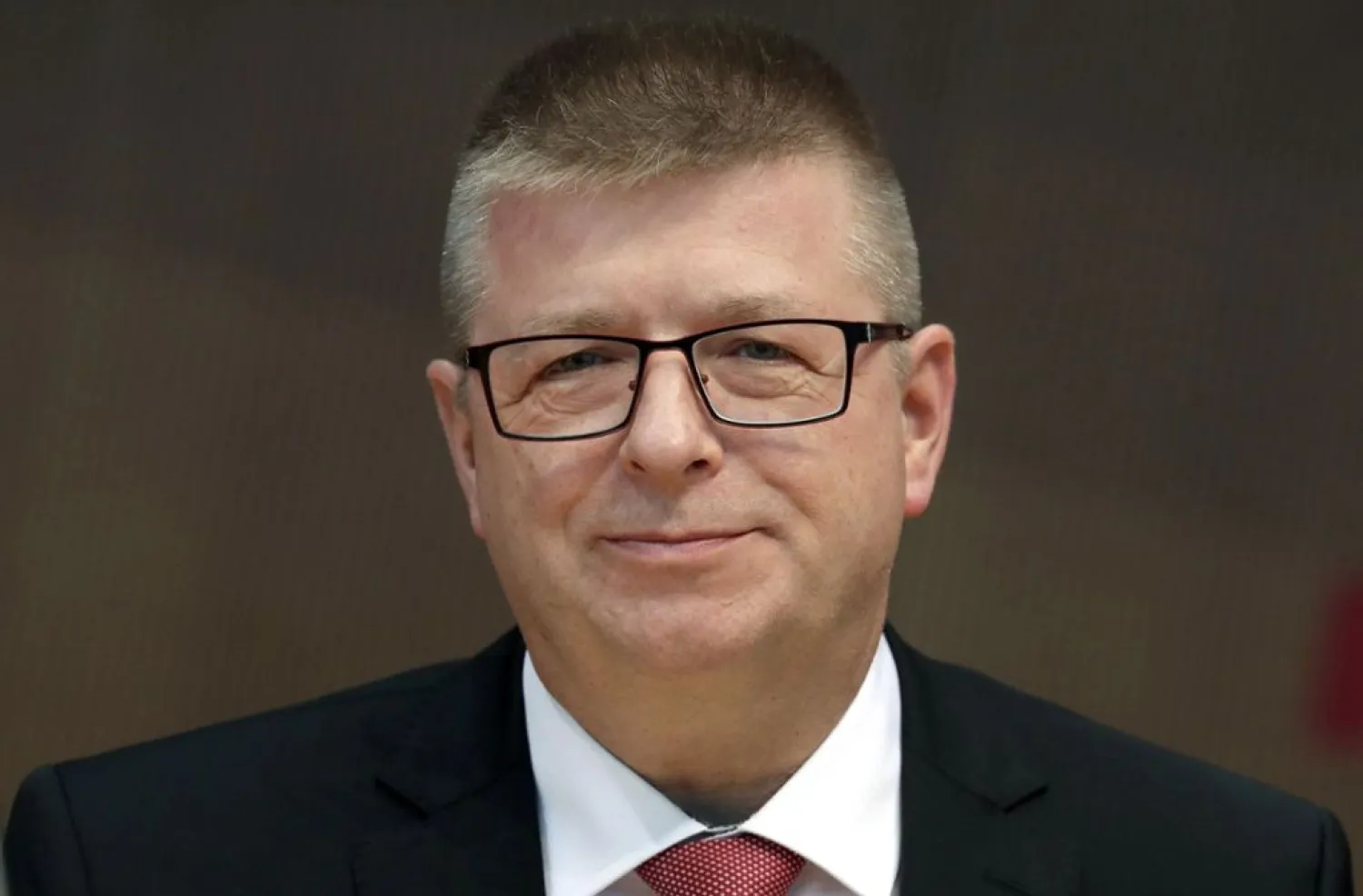Germany is not capable of monitoring all extremists in the country and ISIS could launch an attack at any time despite its defeat in Syria and Iraq, announced head of the Federal Office for the Protection of the Constitution (BfV) Thomas Haldenwang.
"I cannot give an all-clear on ISIS," he said. "It can launch an attack in Germany any time."
Haldenwang told German Welt am Sonntag newspaper that the number of extremists in Germany rose to 2,240 in 2018.
However, he admitted that it is only possible for authorities to monitor “extremely dangerous” suspects.
“We'll need at least four people to monitor one such person. We are only focusing on those who could be extremely dangerous.”
Haldenwang called for a legal change to allow authorities to monitor children of ISIS returnees, adding that some of them have witnessed ISIS violence and that they worship their fathers as heroes.
“We ask ourselves: is this the new generation of terrorists?” he wondered.
“If we are allowed to take their data, then we can, for example, give the information to the youth welfare office," he said, adding that these children are themselves victims.
He described the children as “victims” of the extremists and should be treated as such, noting that if there information was gathered, it could be given to the youth welfare office.
German law prohibits the monitoring of children under the age of 16 and children under the age of 14 can not be held accountable. The government refused to reclaim from ISIS its citizens and their families in Syria, however, last week it announced that nine children of ISIS fighters returned from Iraq.
In a complicated process, authorities retrieved a mother and her children from Syria. The woman, 31, was immediately placed under arrest when she arrived at Stuttgart airport. The three children were handed over to their German father, who was left behind the woman in 2015. She escaped to Syria with their children, where she married an ISIS fighter.
In addition, Haldenwang also proposed the unit be allowed to monitor messenger services and not just tapping on phone calls.
“We can monitor regular telephones for superficial feuds. What happens on messenger chats often remains hidden from us.”
He explained that extremists and terrorists know exactly how they can interact with each other without being noticed, adding that they use applications like WhatsApp and Facebook, as well as chats in online games.
The official warned against another possible danger from the far-right groups, calling on the authorities to “pay more attention” to them.
He said the BfV had noticed that the groups were more and more “interlinked” and that the lines between them and ordinary “citizen protesters” were increasingly blurred.









